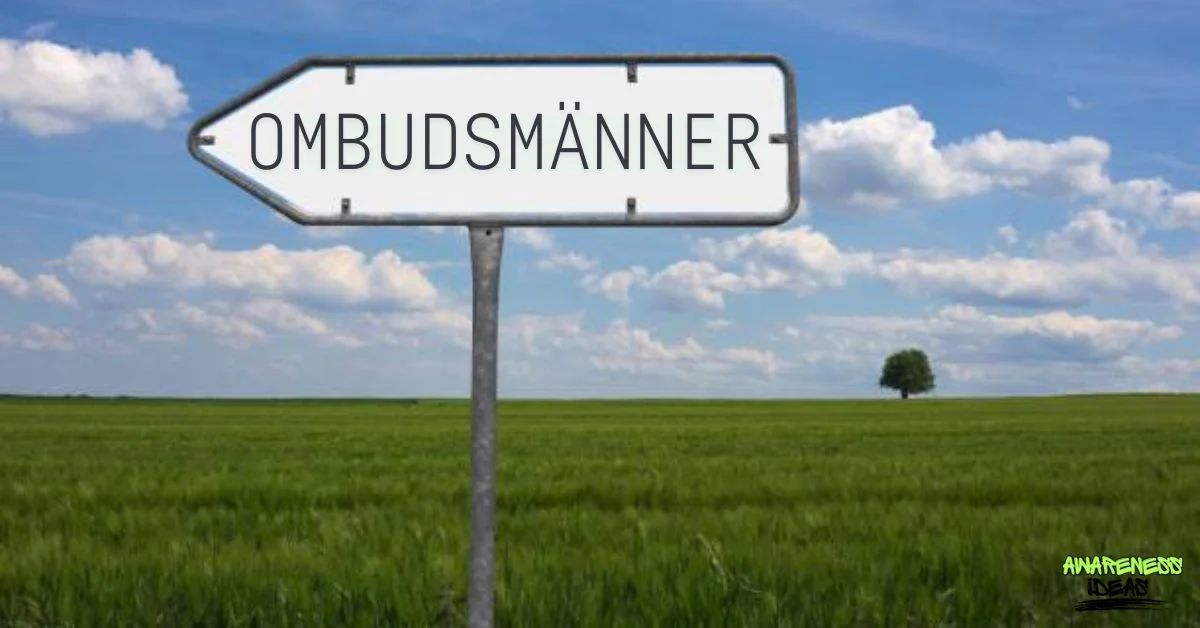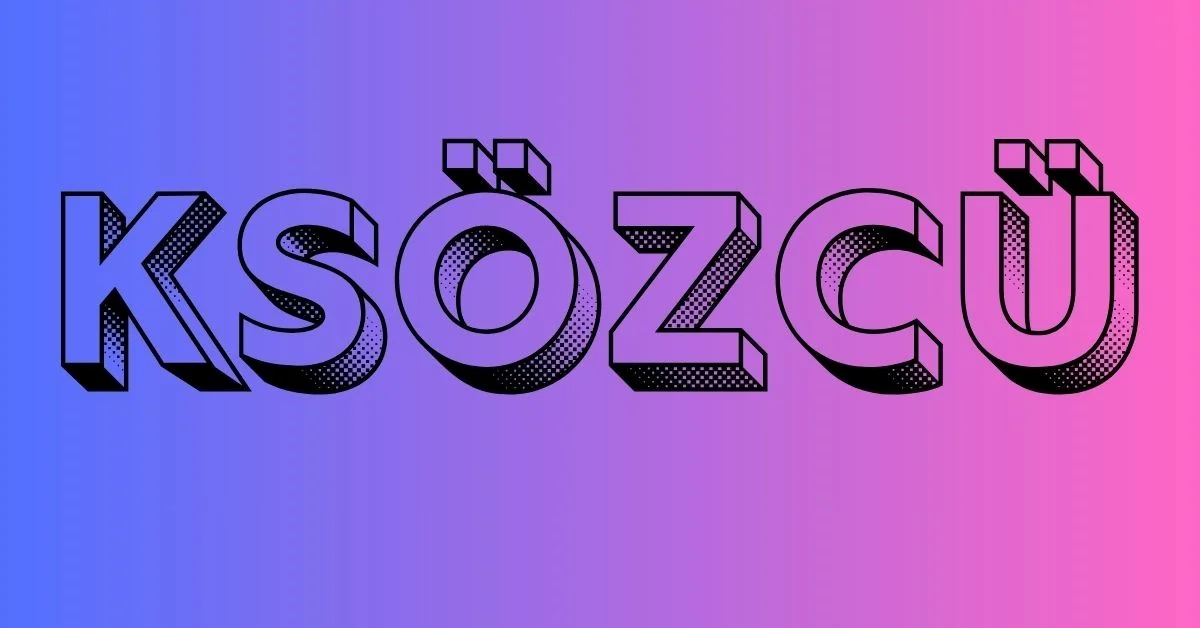Introduction
In a world where institutions, governments, and corporations wield enormous power, ensuring fairness and accountability is critical. This is where ombudsmänner—the plural form of ombudsman in German—step in. These officials serve as independent mediators between citizens or employees and the organizations that affect their lives.
The role of Ombudsmänner has expanded across multiple sectors, from public administration to corporate governance, education, and even journalism. This article explores who the ombudsmänner are, why their work matters, and how their presence strengthens democracy, transparency, and trust in modern society.
What Does “Ombudsmänner” Mean?
The term “ombudsman” originated in Sweden in the early 19th century, meaning “representative” or “agent.” Over time, the concept spread globally. In German, the plural form is ombudsmänner (literally “ombudsman men”), though gender-neutral alternatives such as Ombudspersonen are also used today.
Simply put, ombudsmänner are independent officials tasked with:
-
Receiving complaints from individuals.
-
Investigating cases of unfair treatment, maladministration, or corruption.
-
Recommending solutions or corrective actions.
Historical Origins of Ombudsmänner
The world’s first parliamentary ombudsman was created in Sweden in 1809 to oversee government officials. The idea quickly spread across Europe and later to other parts of the world.
In Germany and Austria, the concept was adopted later in the 20th century. The rise of ombudsmänner reflected a growing demand for checks and balances in governance and corporate structures, especially in societies recovering from authoritarianism.
Roles and Responsibilities of Ombudsmänner
Ombudsmänner play diverse roles depending on their sector:
1. Public Sector Ombudsmänner
-
Investigate complaints against government agencies.
-
Ensure fair treatment of citizens.
-
Monitor corruption, misuse of funds, or delays in services.
2. Corporate Ombudsmänner
-
Handle employee grievances.
-
Ensure compliance with workplace ethics.
-
Serve as neutral mediators between staff and management.
3. Educational Ombudsmänner
-
Protect student rights.
-
Oversee fairness in academic policies.
-
Address harassment or discrimination issues.
4. Media Ombudsmänner
-
Review audience complaints about bias or errors.
-
Safeguard ethical journalism standards.
Why Ombudsmänner Matter
The presence of ombudsmänner brings significant benefits:
-
Accessibility – Citizens or employees gain a voice against large institutions.
-
Accountability – Organizations know they are being monitored.
-
Conflict Resolution – Disputes are resolved through dialogue, avoiding costly litigation.
-
Transparency – Reports and findings create public awareness.
-
Trust-Building – Independent oversight strengthens confidence in institutions.
Ombudsmänner in Germany and Beyond
Germany has integrated ombudsmänner into multiple levels of governance and business:
-
Public Administration – Many German states (Bundesländer) have independent ombuds offices.
-
Financial Sector – Banks often appoint ombudsmänner to resolve customer disputes.
-
Military – The German Bundestag has a Parliamentary Commissioner for the Armed Forces (Wehrbeauftragter) who functions as an ombudsman for soldiers.
-
Universities – Many German higher education institutions employ ombudsmänner to ensure academic fairness.
Globally, ombudsmänner exist in countries such as Sweden, Canada, Australia, and New Zealand, each adapting the concept to local needs.
Challenges Faced by Ombudsmänner
While ombudsmänner play a critical role, they face obstacles:
-
Limited Power – Their recommendations may not be legally binding.
-
Resource Constraints – Some offices lack funding or staff.
-
Resistance from Institutions – Organizations may resist oversight.
-
Public Awareness – Many people are unaware of their rights to approach an ombudsman.
Overcoming these challenges requires stronger legal frameworks and public education.
Modern Developments in the Role of Ombudsmänner
The role of ombudsmänner has evolved with society:
-
Digital Complaints Platforms – Many offices now accept online submissions.
-
Expanded Jurisdiction – Some cover new areas like data protection and AI ethics.
-
International Collaboration – Ombudsman associations share best practices across borders.
-
Gender Inclusivity – Language shifts from ombudsmänner to gender-neutral forms reflect evolving values.
Case Studies of Ombudsmänner in Action
-
Germany’s Banking Ombudsman – Resolves disputes between consumers and banks, often free of charge.
-
Swedish Parliamentary Ombudsman – Monitors public authorities, setting the global standard for fairness.
-
UN Ombudsman Office – Handles disputes within international organizations, promoting fairness in multinational settings.
These examples show how the role adapts to diverse contexts while maintaining its core mission.
Benefits for Individuals and Institutions
For individuals:
-
Provides access to justice without high costs.
-
Ensures their voices are heard in disputes.
For institutions:
-
Reduces lawsuits by addressing problems early.
-
Improves internal processes through feedback.
-
Enhances reputation by demonstrating accountability.
The Future of Ombudsmänner
Looking ahead, ombudsmänner will likely take on even greater importance in:
-
Technology Oversight – Addressing complaints about algorithms, data misuse, and digital platforms.
-
Climate Justice – Mediating disputes related to environmental policies.
-
Workplace Diversity – Ensuring equality and inclusion across industries.
-
Global Governance – Acting as watchdogs in international organizations.
As societies grow more complex, the demand for independent mediators will only increase.
Conclusion
The concept of ombudsmänner embodies fairness, transparency, and accountability. From their Swedish roots to their widespread presence in Germany and around the world, these officials give citizens and employees a vital channel for justice.
Although challenges remain, the role of ombudsmänner continues to expand, adapting to new issues like technology, global governance, and social equity. In an era where trust in institutions is fragile, their presence provides a bridge between people and power.


